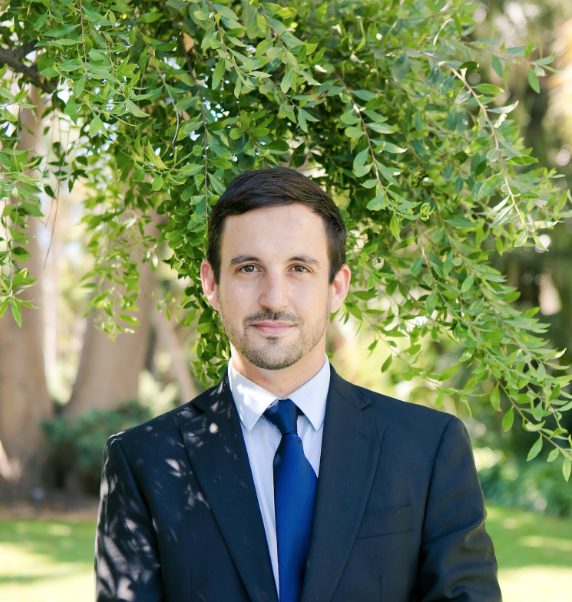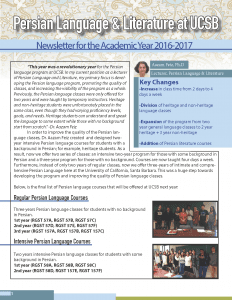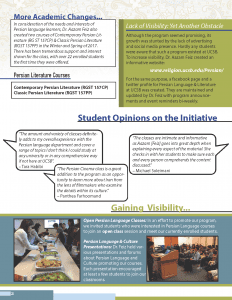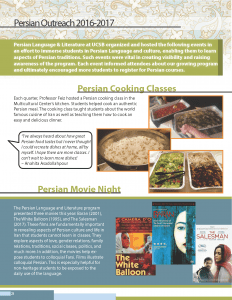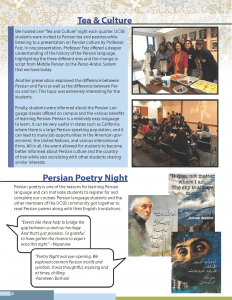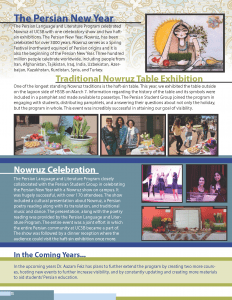Kolby Knight
About:
B.A. Mercer University
M.Div. Wake Forest University School of Divinity
“Knowing how to learn, and learning how to know, imply that there are modes of thought that are not limited to the exercise of reason; and it is these modes that place reason within the structures of life itself” — Charles Long “The University and the Study of Religion”
My dissertation “Spectacles of Catholic Coloniality in An Age of Abolition” traces widespread investments in the Euro-Catholic heritage of the United States during the so-called “City Beautiful Movement” at the turn of the twentieth century. Looking at vaudeville theaters, world fairs, urban planning commissions, immigration laws, and universities, I trace how investments in the memory of the Catholic West influenced how social spaces and architectures got re-membered in real time, thereby forestalling different possibilities and openings. I look at these spectacles of the nation’s Catholic past as an aspect of broader legal efforts in the United States and the Vatican to preserve the integrity of a “natural order” — defined in terms of distinctions between European and non-European identities, as well as clear gendered boundaries — following the abolition of slavery in 1865. My work is interdisciplinary in scope. It is informed by my experience learning and teaching in variety of departments, including Religious Studies, Asian American Studies, Black Studies, Feminist Studies, and Theater and Dance.
My article, “William James, W.E.B. Du Bois, and the Art of New Religious Ideals” in the American Journal of Theology and Philosophy focuses on pragmatic practices of art, religion, and science at the turn of the 20th century which challenged mainstream representations of the “West” as the aesthetic culmination of human evolution. As I argue, Du Bois, in elaborating on James’s psychosocial theories from the context of his experiences of anti-Black racism in the US, encourages scholars to envision our teaching and scholarship as works of art that can help develop both vital interdisciplinary research and “new religious ideals” capable of pushing us beyond limiting social structures.








